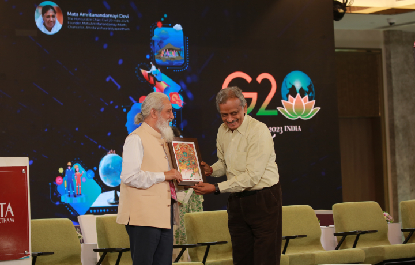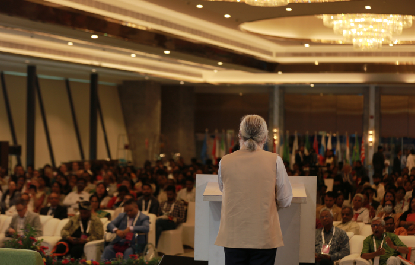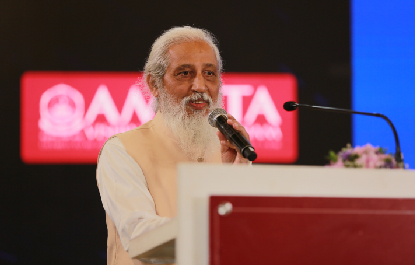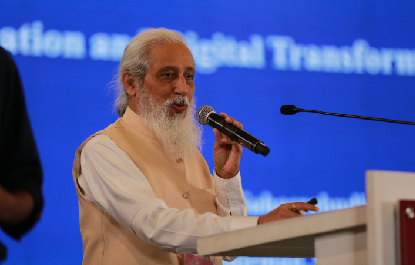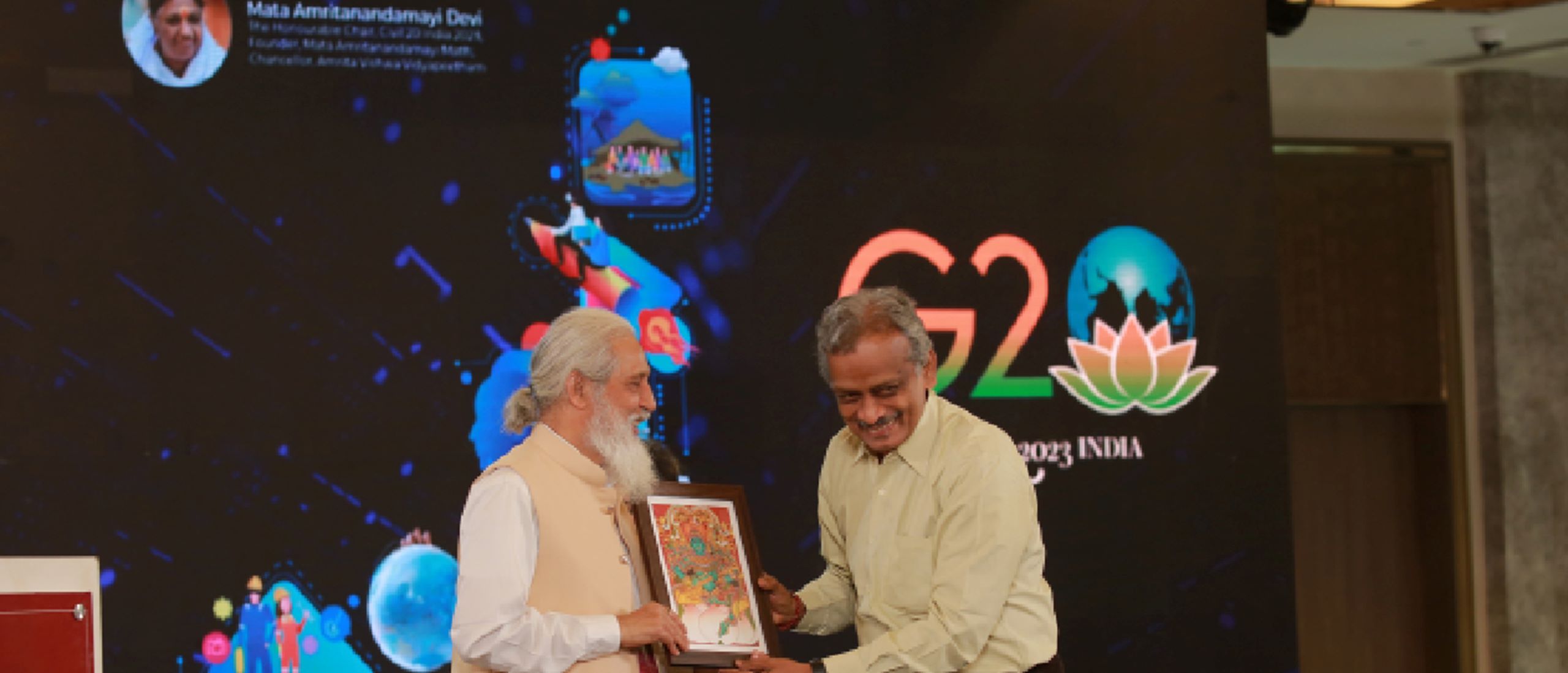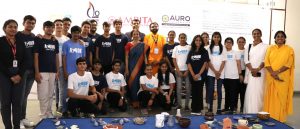Education and digital transformation have become inextricably intertwined, paving the way for a groundbreaking shift in learning and teaching. On day two of the Civil 20 Education and Digital Transformation Summit, the keynote addresses were delivered by Mr. Terry Durnnian, Chief Education, UNICEF, and Prof. Anil Sahasrabudhe, Chairman, National Educational Technology Forum, India.
Mr. Terry Durnnian discussed education transformation, focusing on learning equity and digital learning. He emphasized the importance of equal access to quality education for all, regardless of socioeconomic status, race, ethnicity, or ability. He highlighted that 70% of children below ten in low-income nations cannot read and write, and three-quarters of youth in 92 countries lack the necessary skills for employment. Digital learning should complement traditional methods while imparting 21st-century skills to children and enabling teachers to learn and teach in a digital learning environment.
Mr. Durnnian emphasized three key points for a successful transition: starting at school, acquiring a foundation in literacy and numeracy, and being prepared for lifelong learning and future skills required in digital learning. He acknowledged challenges such as low-quality learning platforms and inequality in accessibility, particularly for persons with disabilities. He emphasized the need for collective action in promoting learning equity through digital transformation. He also stressed the importance of speed, scale, and inclusiveness in delivering education in a new and improved way.
Prof. Anil Sahasrabudhe highlighted the Indian government’s initiatives to transform digital education, emphasizing the effectiveness of blended learning and the importance of lifelong learning. He also highlighted the low cost of internet usage in India, with zero-cost services and affordable data charges. He emphasized the importance of practical learning and empowering citizens in using digital tools. He acknowledged that students are well-versed in popular websites, apps and search engines.
Prof. Sahasrabudhe highlighted the importance of free internet services, platforms like NPTEL courses, virtual labs and simulations, and 33 channels for educational content delivery in all languages. He cited the examples of various initiatives and platforms like the National Internship Portal (NIP), the National Credit Earning System (NCES), the National Academic Depository (NAD), and the Academic Banks of Credits (ABC) to support digital education.
Both keynote addresses highlighted the challenges and opportunities in this transformative process, stressing the importance of collective action, inclusiveness, and lifelong learning. The initiatives and platforms mentioned are noteworthy examples of how digital education can be effectively implemented and supported.

